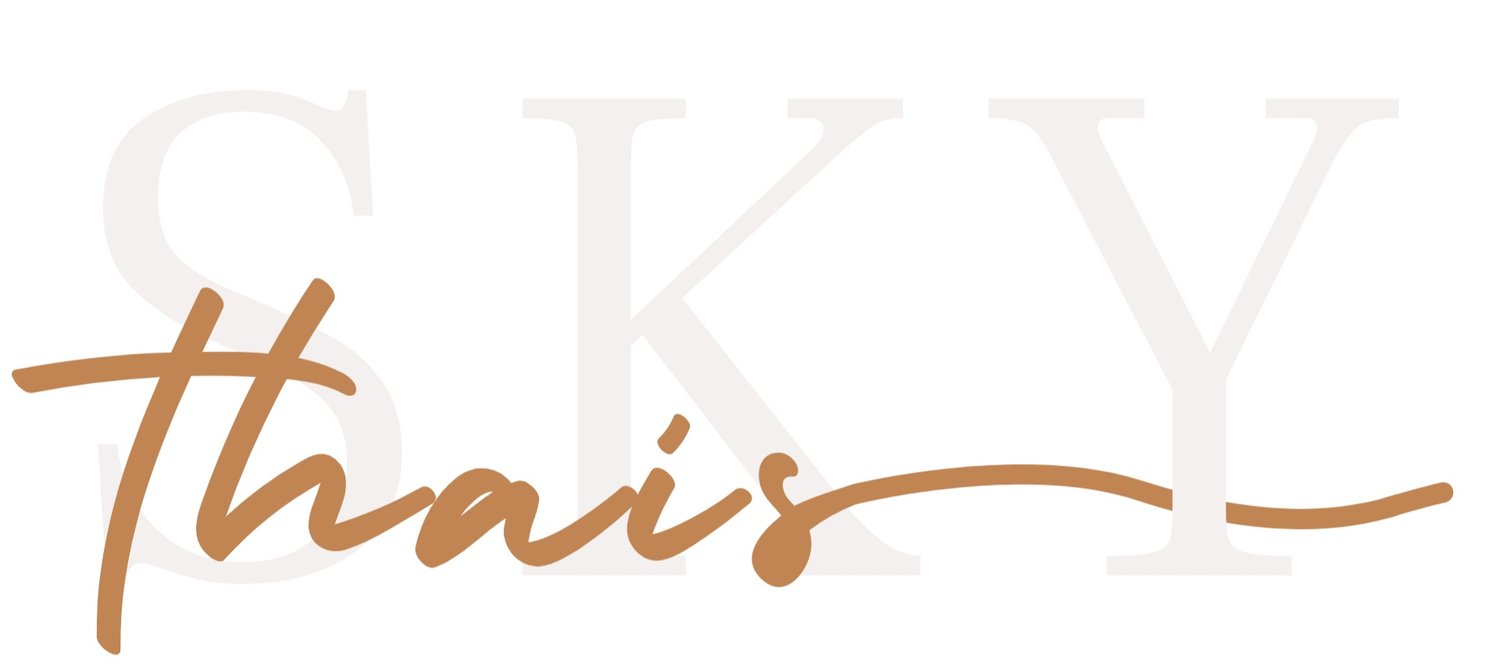what if we honored our anger?
I am a big fan of anger.
And I have been talking about the importance of normalizing anger a lot lately. Inevitably I receive comments from people about how anger is not OK, how anger is pointless, and that it just gets in the way.
All of these sentiments are understandable, particularly if we were modeled that feeling anger is equivalent to yelling, hitting, punishing, raging, etc. This is what we see on mainstream media, and for many of us it’s what we saw from our parents, so it makes a lot of sense that we distrust anger and feel fearful of its wrath.
The fact is that our feelings and our actions are different things.
There is a difference between feeling anger and lashing out or acting aggressively toward others. Often we aren’t taught how to feel anger. So instead we suppress it and/or unleash it on others. In fact…
lashing out in anger is usually a sign that we cannot tolerate our anger, not a sign that we are feeling it.
As a child, my parents were not able to hold, attune to, or respond to my anger. So I grew up believing that anger had no point and that when it shows up the best way to deal with it is to stuff it down. Now I am learning that my anger is information, telling me where my boundary has been violated. I am learning that my anger is important regardless of whether it is validated by another person or not. And mostly, I am learning that the more I give myself permission to be angry, the less anger unconsciously runs my life.
The more we give space to our anger, the less we need to either grasp onto it tightly or suppress it. The more we increase our capacity to feel it, the more it becomes an opportunity to connect rather than push others away.
How is anger an opportunity to connect?
Anger tells us where a violation has taken place. It’s the emotion of injustice. It teaches us where our boundaries are, and invites us to honor them. When we feel our anger, it gives us the opportunity to know ourselves more deeply, to understand our values and needs more clearly, and to communicate that or adjust our choices accordingly. Ultimately this is what allows us to relate to others and the world around us with greater authenticity.
When we don’t feel or process our anger, we run the risk of hardening ourselves around it.
When we harden around our anger, it’s like the anger turns into a rigidity that limits our ability to take in information, narrows our perspective, and it feeds this sense of righteousness that isn’t stemming from any sense of justice or balance, but from pain.
And you can’t hold onto your Rightness, and be in thriving relationship.
An example: The other day in the midst of conflict with my partner, I said to him - I literally can’t hear anything you’re saying because right now all I can think about is how angry I am and how Right I am.
That naming was able to cut the tension and that’s when we realized that our fighting was really a demand that the other person acquiesce to our Rightness. We couldn’t relate, understand, learn and be with each other while we were simultaneously othering the person or making them wrong.
When we can process, feel into, and honor our anger, we find more flexibility in navigating it without falling into the traps of Righteousness and hardness.
Your anger is important. Learning how to feel it rather than displace it out on others is key.
Your anger is valid and meant to be fully felt. Let it move through you.
Xo
Thaís



